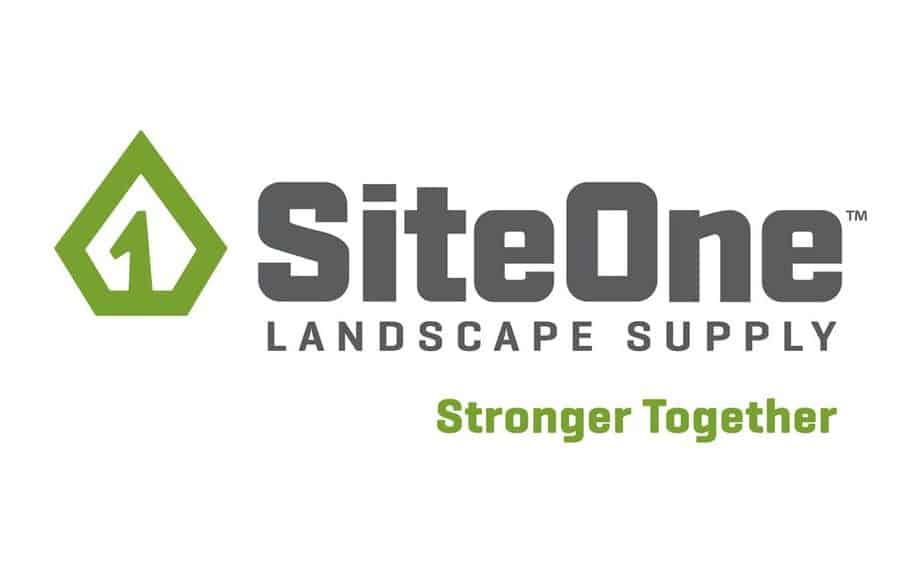- Founded: Originally part of John Deere Landscapes, rebranded as SiteOne Landscape Supply in 2015
- Inspiration: Created to consolidate landscape supply services under a single brand
- Launch: Rebranded with a focus on providing a comprehensive range of landscape supplies and services
- Growth: Rapidly expanded through strategic acquisitions and organic growth
- Milestone: Went public in 2016, listed on NYSE under SITE
- Innovations: Implemented a robust e-commerce platform and enhanced product offerings
- Acquisitions: Acquired numerous companies to broaden product range and geographic reach, including Evergreen Partners (2015) and Empire Supplies (2020)
- Rebranding: Focused on creating a strong, unified brand identity in the landscape supply industry
- Current Reach: Largest wholesale distributor of landscape supplies in North America, serving thousands of customers
- Impact: Revolutionized the landscape supply market by offering a one-stop shop for landscaping professionals and enhancing service delivery through innovation and strategic growt
2. MOS (Margin of Safety)
When investing in a company, the first step is to look at the financials. Fortunately, Tykr does this for us automatically. The higher the score, the stronger the financials and the safer the investment. The higher the MOS, the higher the potential returns you can make.
- Summary: watch
- Score: 72/100
- MOS: 1%
To see the most up-to-date Summary, Score, and MOS, please log into Tykr.

3. Meaning
When investing in a company, it’s important to know how a company makes money. A mature business model has multiple streams of revenue which allow the company to weather downturns in the economy.
Here is how SiteOne Landscape Supply (SITE) makes money:
- Product Sales: Generates revenue from the sale of landscape supplies including plants, irrigation systems, fertilizers, and hardscape materials.
- Equipment Rentals: Offers rental services for landscaping equipment such as machinery and tools.
- Consulting Services: Provides professional advice and consulting services to landscapers and contractors for a fee.
- Delivery Services: Earns income from delivering landscape supplies directly to customer locations.
- Training Programs: Offers training programs and workshops for landscapers and contractors, charging a fee for participation.
- Maintenance Services: Provides ongoing maintenance services for landscapes and gardens, generating recurring revenue.
- Online Sales: Sells products through an e-commerce platform, expanding its reach and customer base.
- Specialty Services: Offers specialized services such as landscape design and installation, generating additional revenue streams.
SiteOne Landscape Supply uses these various streams to maximize their earnings and provide diverse services to moviegoers.
Here are a few of the other companies that SiteOne Landscape Supply has acquired over the years. This is important because a company will use a “Buy before build” philosophy to go to market faster and add additional streams of revenue. A company with more revenue streams has a more stable business model. Keep in mind, that most companies don’t build new software because it takes too long to go to market and generate revenue.
- American Builders Supply
- Evergreen Partners
- Empire Supplies
4. Moat
When investing in a company, it’s important to understand how a company ranks against other companies in the same sector and industry. Based on the Score, here is how SiteOne Landscape Supply (SITE)stacks up against other companies.
- Applied Industrial Technologies, Inc.(AIT) – 84
- W.W. Grainger, Inc.(GWW) – 83
- SiteOne Landscape Supply, Inc.(SITE) – 72
- WESCO International, Inc.(WCC-PA) – 72
- Global Industrial Company.(GIC) – 72
- MSC Industrial Direct Co., Inc.(MSM) – 61
To see the most up-to-date Summary, Score, and MOS and each stock, please log into Tykr.
5. Management
When investing in a company, it’s important to understand who the CEO is, what they have accomplished in the past, and how they have helped this company grow. Good leaders typically have stronger cultures, less turnover, and better returns in the stock market.

